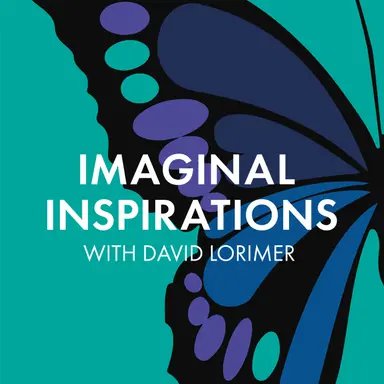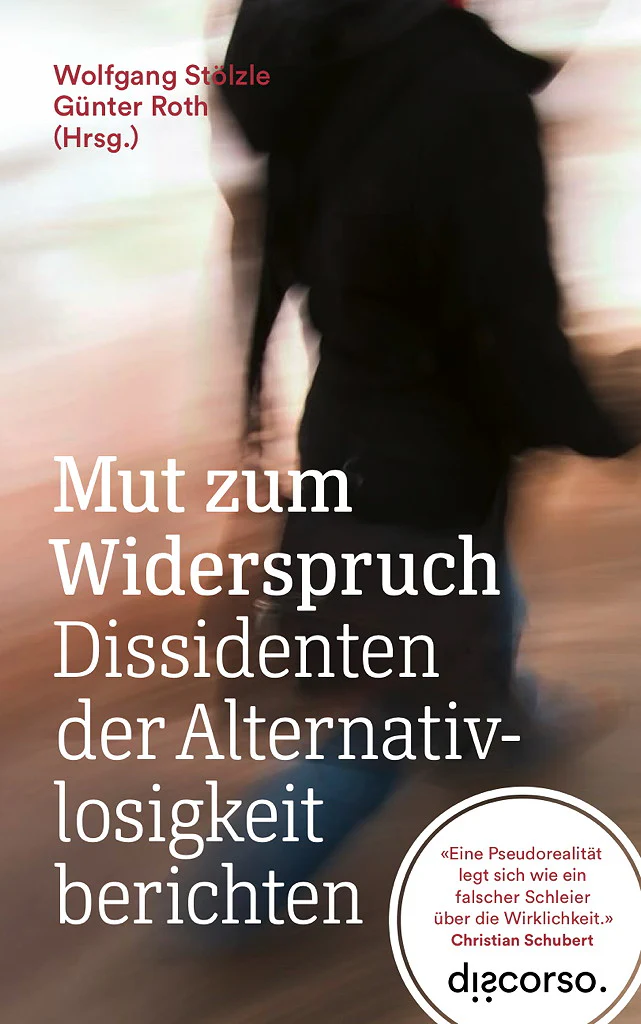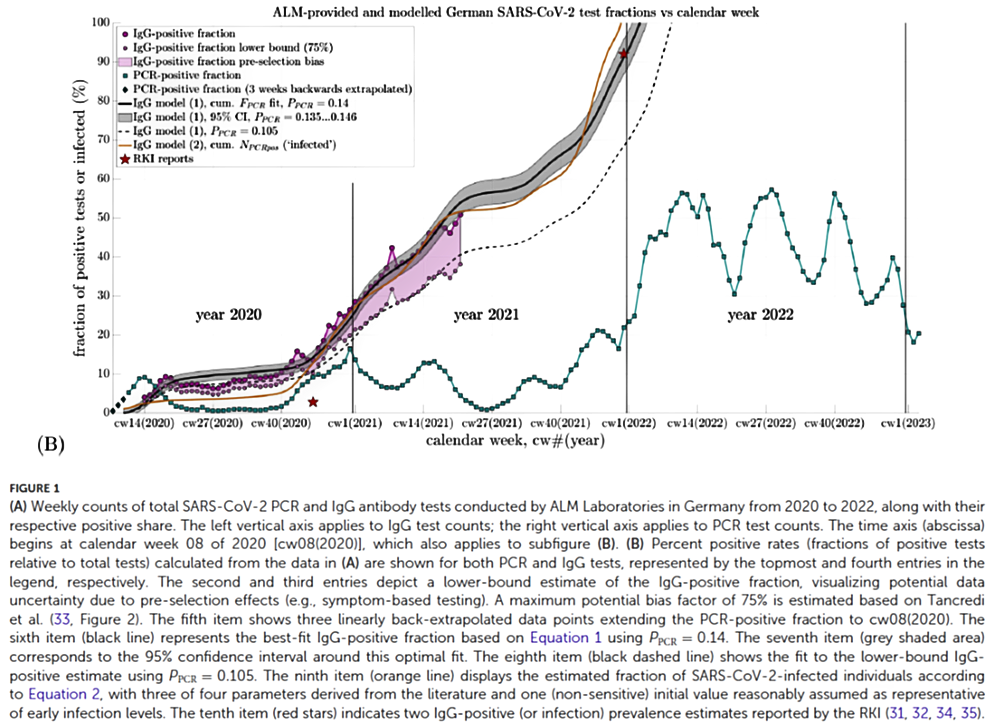Discorso publishing cooperative launches its first book, ‘Opposing Mainstream Opinion – Dissidents of the New Normal Report’
Last year, together with a few colleagues from the MWGFD, including Klaus Steger, Christian Schubert, Anne Ulrich, Stefan Hockertz and several others, I founded the Discorso publishing cooperative in Basel. Our website https://discorso.ch/ provides information about our goals and our books. The first book, ‘Courage to Disagree – Dissidents of the Lack of Alternatives Report’, edited by Wolfgang Stölzle and Günter Roth, will be published on 11 December and can now be pre-ordered on our website. The 400-page book summarizes the experiences of 18 authors. In addition to myself, these include authors from the MWGFD circles – Christian Schubert, Andreas Sönnichsen – and other public figures who have spoken out against abuses either during the coronavirus crisis or even before it. In some cases, they have had to face harsh consequences, such as Daniele Ganser and Alessandra Asteriti. Most of the chapters deal with reprimands from the coronavirus period, such as the reports by Ulrike Guérot, Michael Meyen, Andreas Heisler, Alexander Bittner, Christian Dettmar, Lucian and Martin Michaelis, Carola Kistel. Finally, the experiences of the editors Günter Roth and Wolfgang Stölzle. Heike Egner and Anke Uhlenwinkel summarize their social science study on this topic and their own experiences, and Michael Esfeld wrote the foreword.
It is an important documentation of structures of exclusion, which, although covering different areas, involved similar mechanisms. Above all, it is a contradiction to false factual claims and opinion manipulation. This volume shows that such contradiction is possible, but may come at a cost. Sometimes that cost is high. However, each contribution also shows that such supposed slaps in the face simultaneously open up new paths and therefore give cause for hope. At least, that was the intention of all the authors.
Readers of this book, which can be ordered for £29.80 (400 pages) on the Discorso website, where more detailed information is also available, should judge for themselves to what extent this has been achieved.
By the way: anyone who wants to support our work can become a member of the cooperative for a minimum contribution of CHF 500 (or a multiple thereof) and purchase one or more share certificates. This allows members to participate, help shape, assist or simply provide support. Anyone interested should contact me at hw@discorso.ch.
Read more





